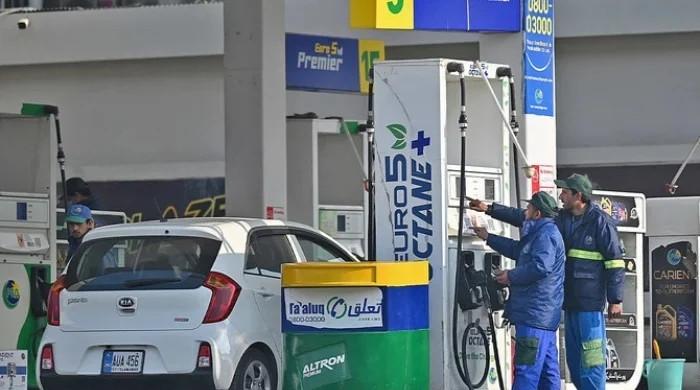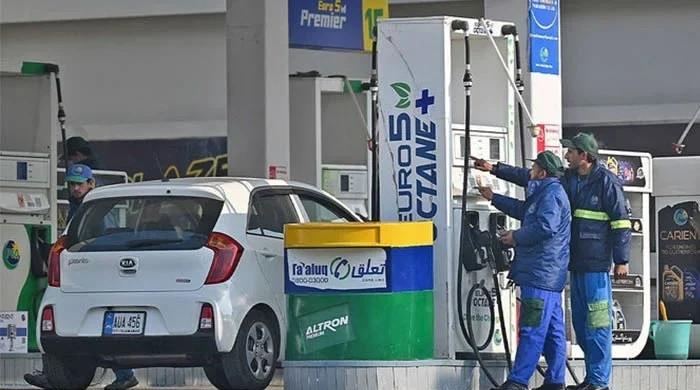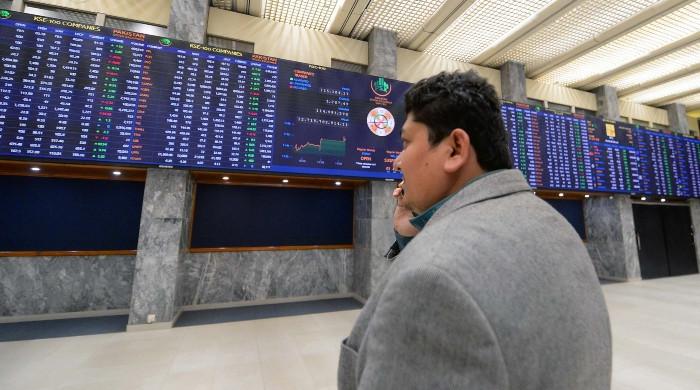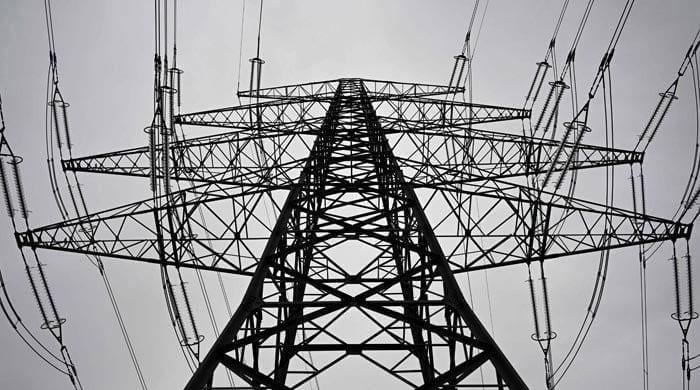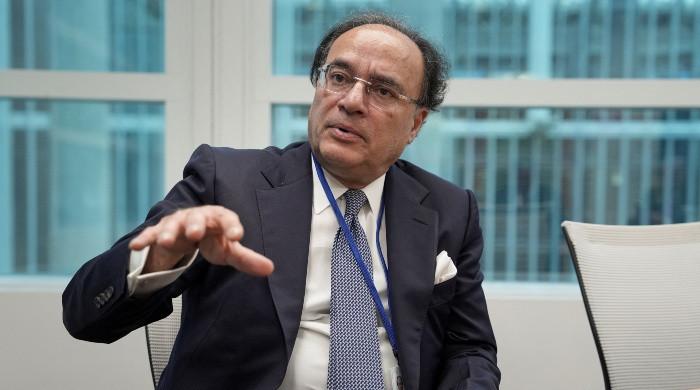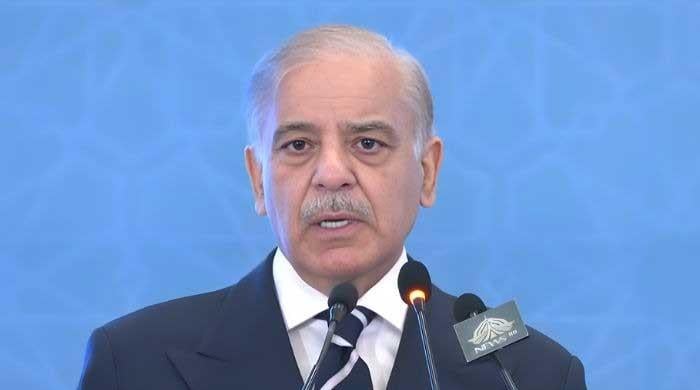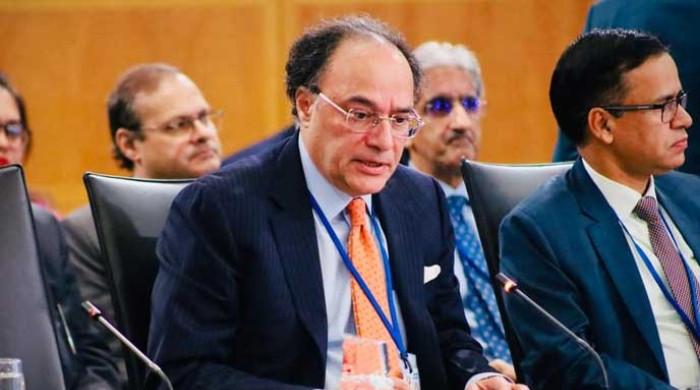Govt advised to delay TAPI gas intake amid LNG surplus
Senior officials considering notifying Turkmenistan of withdrawing from $13bn project
September 05, 2025
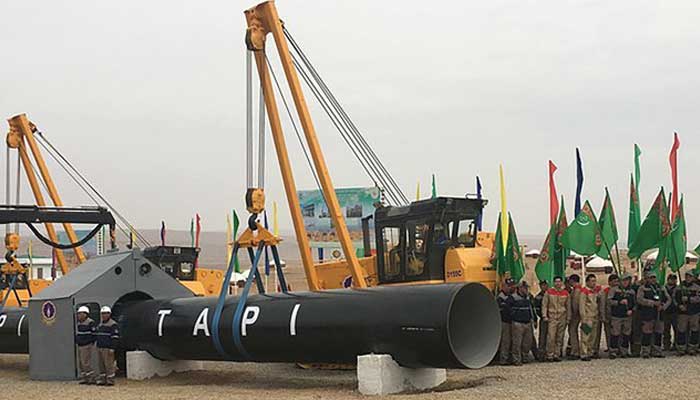
- India's withdrawal from TAPI to make project not viable for Pakistan.
- Islamabad will lose $700-800m annually in transit fee revenue.
- Senior officials mull deferment or withdrawal from $13bn project.
ISLAMABAD: In a significant development, Pakistan has been advised to delay any commitment to gas intake from Turkmenistan under the Turkmenistan-Afghanistan-Pakistan-India (TAPI) pipeline project until at least 2031, The News reported on Friday.
The recommendation, by international energy consultancy Wood Mackenzie, comes as Pakistan is already facing a surplus of imported LNG, due to a dramatic decline in domestic gas consumption, a senior official from the Ministry of Energy told the scribe.
The advisory has sparked urgent deliberations within the Petroleum Division, where senior officials are now seriously considering either notifying Turkmenistan of a potential deferment or even withdrawing from the $13 billion TAPI gas pipeline.
The warning comes amid growing challenges in managing Pakistan's existing LNG contracts and infrastructure.
In parallel with this domestic oversupply crisis, Pakistan is also reassessing its strategic position on TAPI, particularly in light of India's ongoing indecision.
According to senior officials, if India formally withdraws from the project, the pipeline would effectively become TAP (Turkmenistan-Afghanistan-Pakistan) — a model that Islamabad deems economically unviable.
Without India's participation, Pakistan would lose an estimated $700–800 million annually in transit fee revenue.
Instead, it would be required to pay $500 million per year to Afghanistan for gas transit.
When added to the base gas price of $7.5 per MMBTU, the total cost would exceed the price of even expensive RLNG imports — making the project financially unsustainable.




